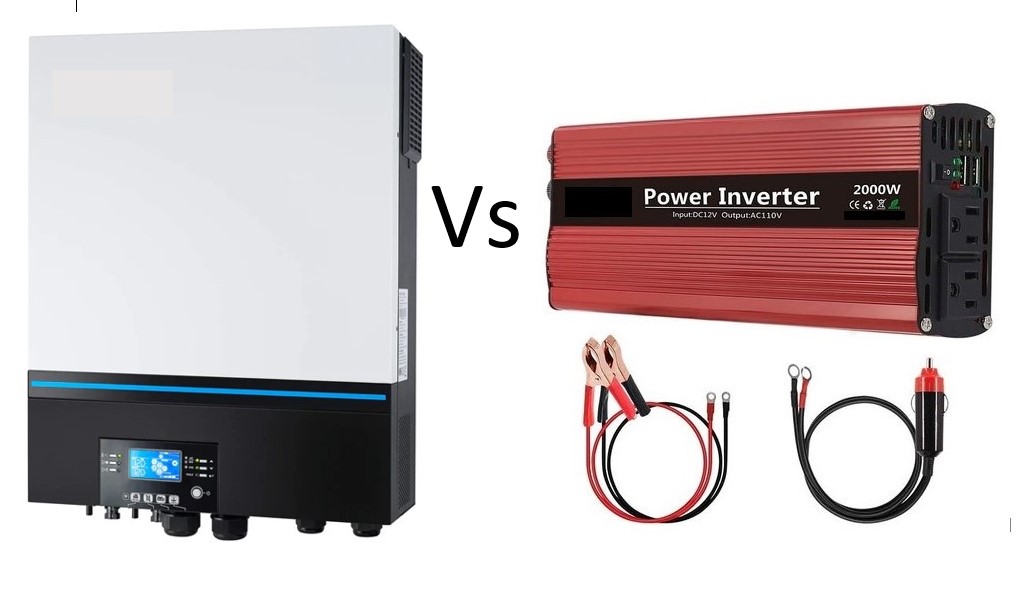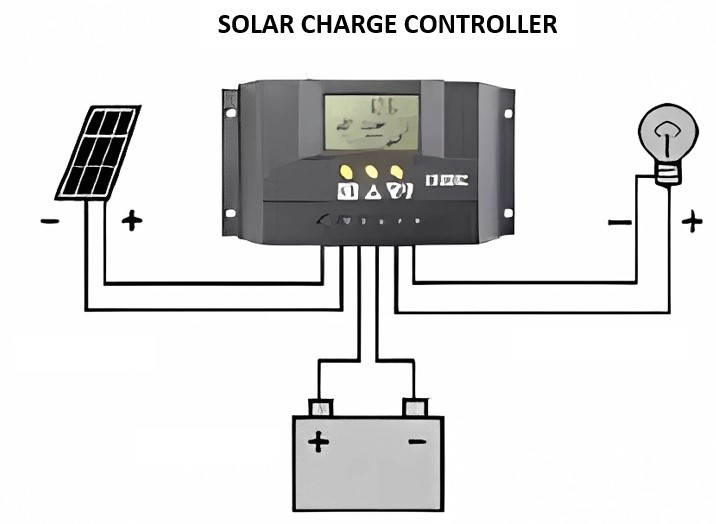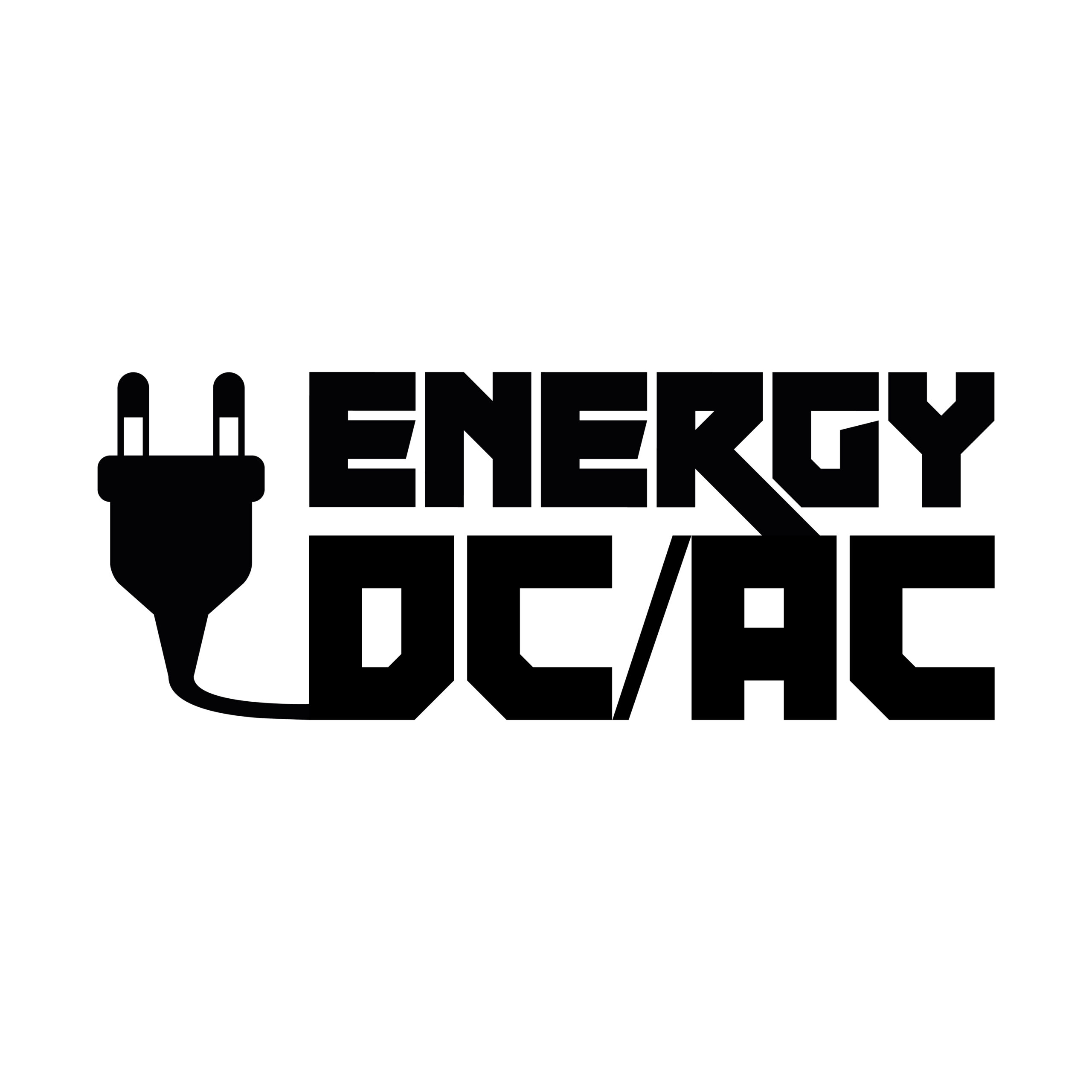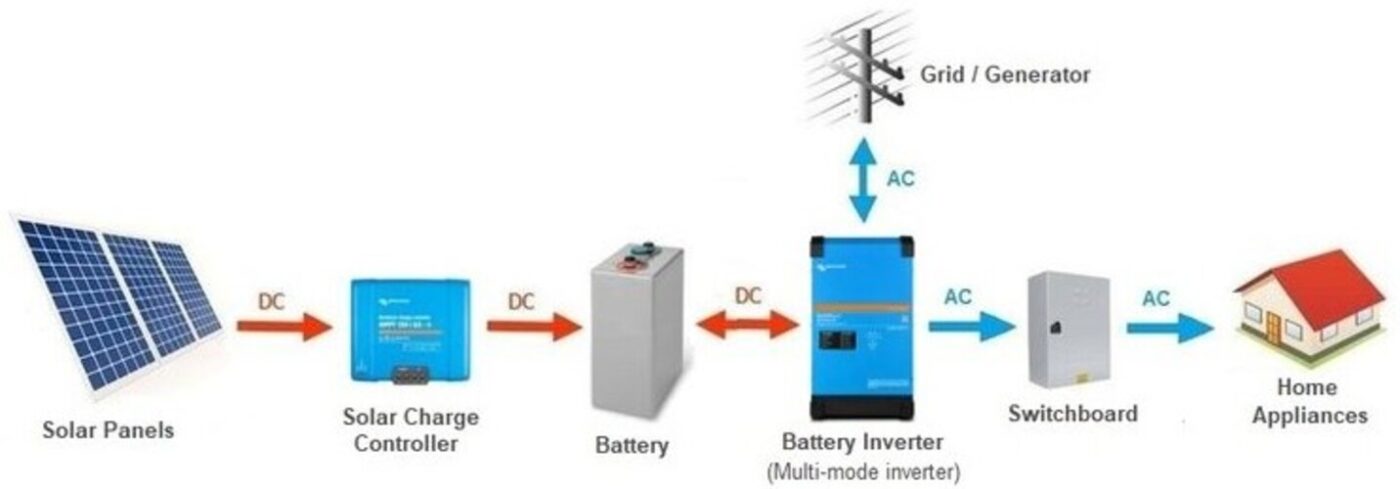Solar Energy
The solar inverter: what you need to know before buying it. Part 2
For a better understanding of what we’ll discuss here, we suggest reading our post The solar inverter: what you need to know before buying it. Part 1.
The inverter is a crucial component in a photovoltaic energy system. It’s responsible for converting the direct current (DC) generated by the solar panels into alternating current (AC) that you can use. In other words.
Without this equipment, the solar panels and the entire system would be almost useless. Only a very few devices could be operated, and that would be under certain conditions.
In the market, you will generally find two types of inverters, and your choice between them will depend on your system’s characteristics. These are the solar inverter and the conventional or general-purpose inverter.
Below, we present the specifics of each one so that when it comes time to purchase, you can make a well-informed technical and economic decision.
What is the difference between a solar inverter and a conventional inverter?

The differences between a solar inverter and a conventional inverter mainly revolve around the additional features they offer. Functionally, they operate in an identical manner, transforming DC electricity into AC electricity.
It’s important to highlight that the solar inverter is specifically designed for use in photovoltaic systems and control of their variables.
Here are the main functionalities that solar inverters offer, making them suitable for use in solar energy systems:
- The solar inverter is specifically designed for photovoltaic systems, while the conventional inverter is for general applications.
- Internal protection against overvoltages and short circuits.
- Allows dual connection to the electrical grid and photovoltaic energy. This means it can power loads by distributing energy between both systems or using just one of them.
- Data monitoring for energy efficiency optimization and fault detection.
- Maximizes electricity production based on the power provided by solar panels using solar energy.
- Ability to charge batteries in a controlled manner for DC electricity storage. It also manages battery usage on cloudy days or during the night.
To achieve these benefits, it’s crucial that the solar inverter is of high quality and from a recognized brand. The same applies if you decide to use a conventional inverter.
Regarding the solar charge controller

You should be aware that if you opt for a conventional inverter, you need to consider a device called a «solar charge controller.» This device is positioned between the solar panels and the batteries.
In our post The solar charge controller: what it is and how it works we provide comprehensive information about this device. Don’t miss reading it!
If you choose to acquire a solar inverter, there’s no need to purchase this controller separately as it comes integrated.
Another difference is the price; the cost of a solar inverter is much higher than that of a conventional inverter with the same power capacity. This difference can be around five times or more.
It’s important to note that there are loads that should not be powered by a conventional inverter that is not a pure sine wave inverter. This is especially true for devices with rotating elements like refrigerators, air conditioners, washing machines, and others.
On the other hand, a solar inverter is designed to provide power to these kinds of equipment. So, another parameter to consider when choosing the type of DC-AC inverter is the type of loads you need to energize.
Here we conclude
We will continue with this captivating topic in our post The solar inverter: what you need to know before buying it. Part 3. Enjoy it!
If you have any questions, you just need to contact us, and we’ll be delighted to answer.
We also invite you to read the interesting content we have for you at energydcac. Visit us, and you’ll see!
If you want to stay informed about all our updates, just register on our website; it’s very easy and free.
Image sources
- energyacdc.com
- dsisolar.com

